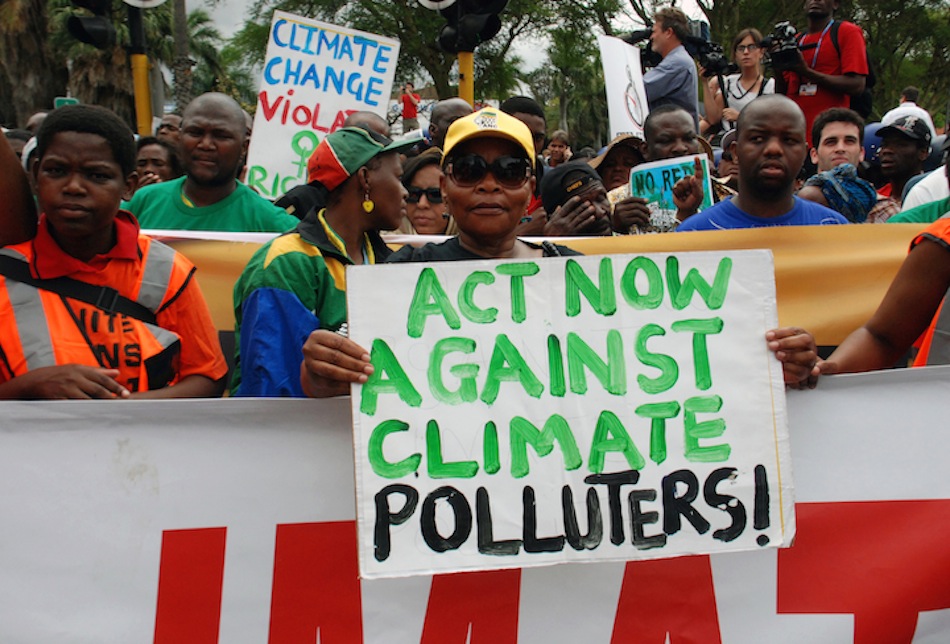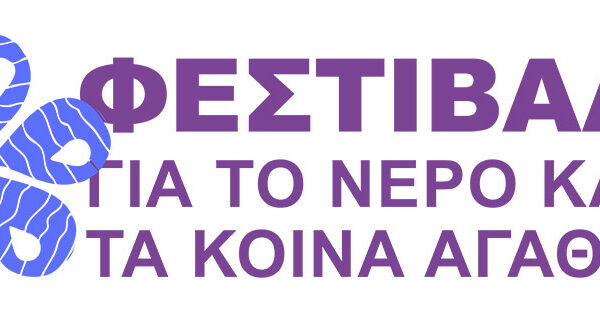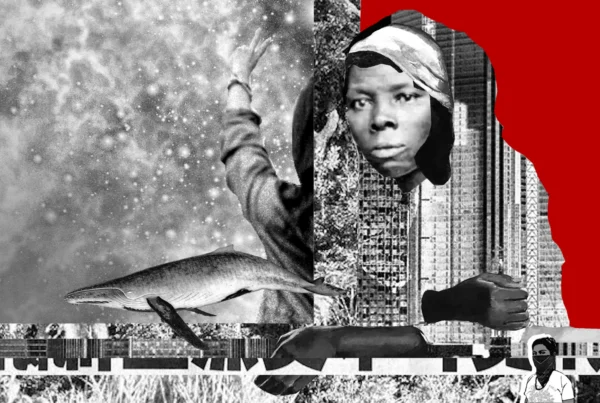The Council for the Development of Social Science Research in Africa, CODESRIA, invites applications for participation in an institute on ‘Economic Justice and Climate Change in Africa’ to be convened in Maputo, Mozambique, from June 15 to June 25 2017, on the broad theme of ‘Economic Justice in Africa: Climate change, Inequalities and Development’.
This call targets scholars and researchers working in African universities and research centres; practitioners and civil society activists working in the areas of climate change, social and economic justice, resource governance, property rights, commodification and extension of markets, climate justice, agriculture and other issues in the broad area of sustainable development. The institute is a follow-up to the 2015 Economic Justice institute that was held in Durban, South Africa in partnership with OSISA Economic Justice programme from 7–18 September 2015 on the theme ‘Economic Justice in Africa: Globalization, the State and Civil Society’.
CODESRIA is a pan-African research organization established in 1973 with the broad goal of promoting the work of African social scientists. The main mandate of CODESRIA is to promote social science research in Africa with a view to producing knowledge that can both enhance the understanding of the social dynamics and structural transformations going on within Africa and in the world around us, and inform policy and social action. CODESRIA does this by supporting research by individuals and networks on identified thematic priorities and through convening institutes and methodological workshops. The theme for this institute is anchored on CODESRIA’s 2017-2021 strategic plan whose focus is on ‘Reaching New Frontiers in Social Research and Knowledge Production for African Transformation and Development’.

Dead trees due to dry weather. Source: UN
The implication of the turbulence that is likely to be unleashed by adverse effects of climate change, especially among poor communities, is now widely discussed. The contention that such poor communities have to withstand the interests of capital over their survival rights in climate mitigation and adaptation measures is however often overlooked. There is consensus that climate change is a critical issue for Africa and indeed a major threat to African economies in the twenty-first century. However, like other dimensions of development debates in the continent, proposed climate change adaptation and mitigation responses often mask broader power imbalances between developed and developing countries, centre and periphery in ways that the interest of capital often prevails over those of poor rural communities, even when such interests are articulated in the context of national development policy.
The Paris Agreement reached on 12 December 2015 and adopted by all 196 parties to the United Nations Framework Convention on Climate Change commits all countries to work to limit global temperature rise to certain targets. The Agreement requires all parties to put forward their best efforts through ‘nationally determined contributions’ (NDCs) and to strengthen these efforts in the years ahead. However, three issues still remain controversial and unclear. The first has to do with the ‘common but differentiated responsibilities’ strategy without which the Convention would never have been agreed by the newly industrializing countries such as China and India. Under this strategy, those countries, classified as developing, are given explicit permission to give economic growth priority over emissions reduction.
The second issue is related to how the agreement will be financed. The principle of ‘common but differentiated responsibility and respective capabilities’, requires developed country parties to provide financial resources to assist developing country parties in implementing the objectives of the agreement. But then this part of the deal is under the non-legally binding ‘decision text’.
The third issue has to do with the extent to which the agreement will be implemented at both global and local levels in a manner that respects ´the principles of justice, fairness and equity`. Part of the preamble to the agreement acknowledges that as climate change is a common concern of humankind, parties should, when taking action to address its effects, respect, promote and consider their respective obligations on human rights, the right to health, the rights of indigenous peoples, local communities, migrants, children, persons with disabilities and people in vulnerable situations and the right to development, as well as gender equality, empowerment of women and intergenerational equity. However, mechanisms of enforcing these are not clear. From a social differentiation perspective poor people all over the world, particularly women and children, are especially vulnerable to climate change, but have least capacity to cope with its impacts regardless of whether they live in developing or developed countries.

March for climate justice during the UN Climate COP in Durban, South Africa in 2011. Source: Global Justice Ecology Project
For this institute, CODESRIA is looking for proposals that are grounded in both ethnographic and political economy approaches to dissecting the global and local encounters of climate change discourses and policy designs and what this means to the interests of poor marginal populations in Africa.
Concepts notes and/or proposals submitted for consideration should show promise of transcending the general discussions on climate change to examining how climate change ‘economies’ encompass addressing economic and environmental inequality; and explore linkages between climate politics to issues of poverty, health and social justice. The overall goal of this institute will be to cultivate ‘a shared understanding of alternative sustainable development approaches and provide analytical tools that enable social and economic justice researchers, practitioners and activists to interpret real world conditions in a rigorous manner’. The specific objectives are to:
• Support the development of knowledge and skills necessary to facilitate change and inclusive sustainable development in Africa and deepen critical thinking amongst practitioners, activists and key policy makers around current issues on climate change, social justice and inequality;
• Strengthen the interaction and engagement between academics and grassroots networks working in the area of climate change, social justice and inequality related issues in Africa.
Application procedures
Applications for laureates should include:
1. A letter indicating institutional or organizational affiliation;
2. A curriculum vitae;
3. A five-page concept note; including the title, a brief overview of the relationship between the candidate’s working area and the problematic and concerns raised by the theme of the Economic Justice Institute; an outline of the paper the candidate intends to develop after the institute for publication and an indication of how issues raised in the concept note intersect with the plight of marginal communities in the ‘climate change adaptation and mitigation agendas’.
4. Two (2) reference letters from scholars, researchers or activists known for their competence and expertise in the candidate’s working area, including their names, addresses, and email addresses.
Application Deadline
The deadline for submission of applications is 10 April 2017. Selected applicants will be notified by 28 April 2017.
Submission of Applications
All applications should be sent as electronic email only in word format, to:
[email protected]
For further information, please contact:
Economic Justice Institute
CODESRIA
Avenue Cheikh Anta Diop x Canal IV
BP 3304, CP 18524, Dakar, Senegal
Tel.: (221) 33 825 98 21/22/23
E-mail: [email protected]





